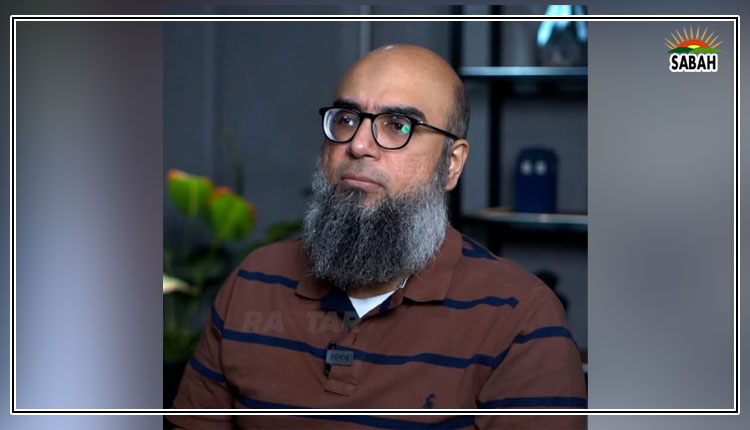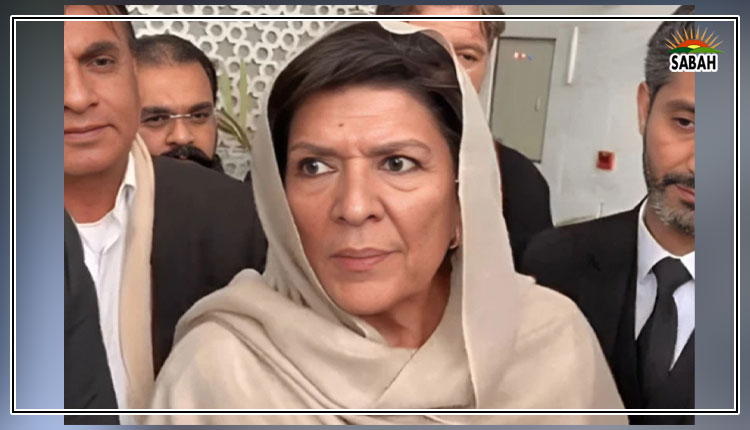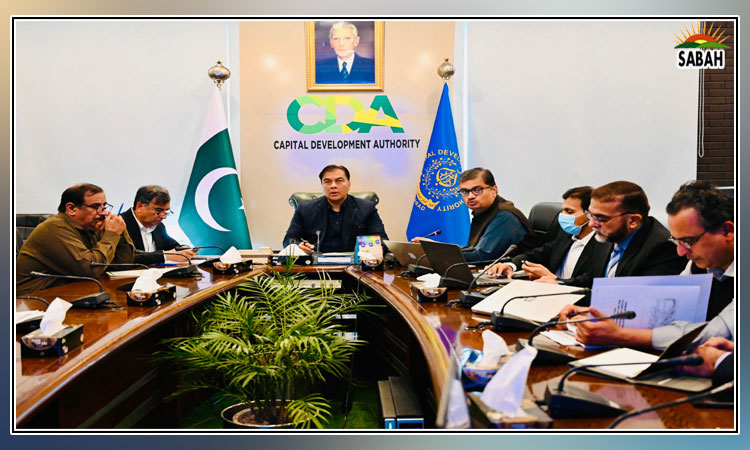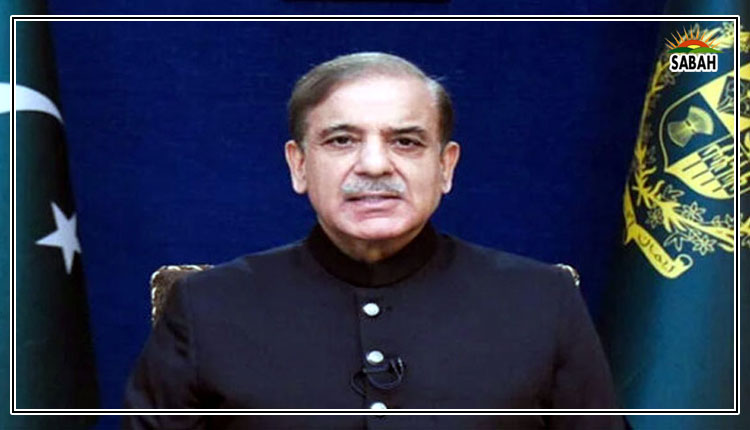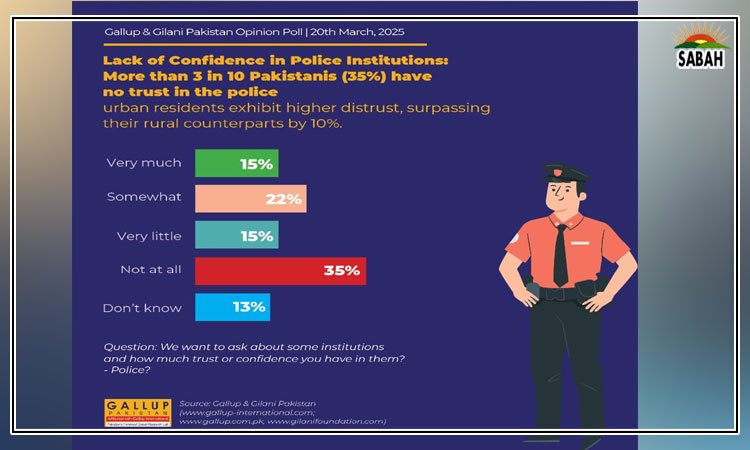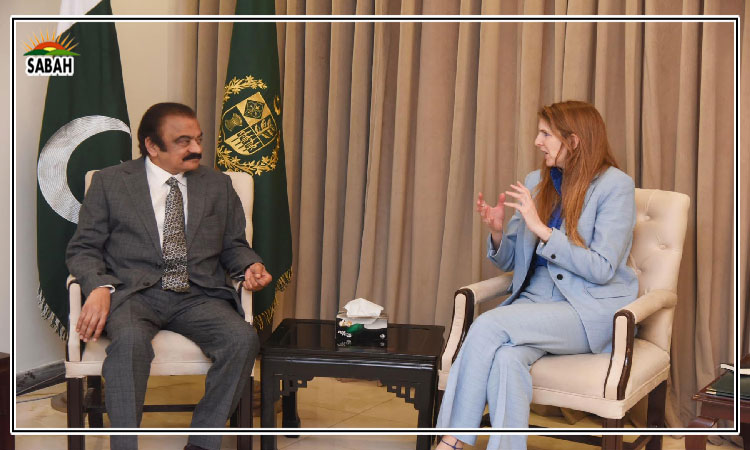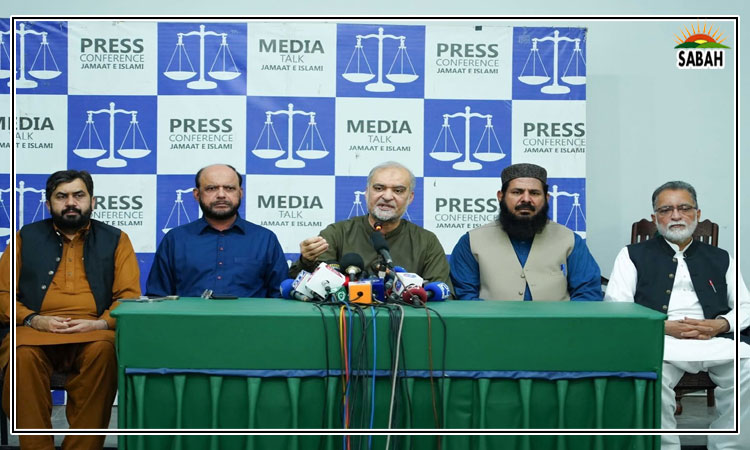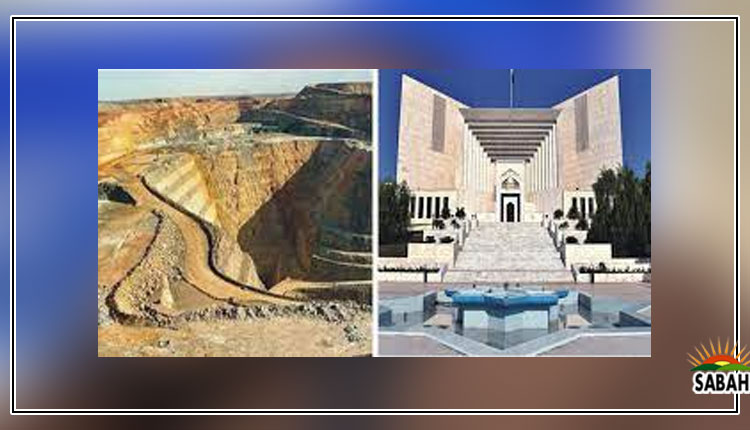Process for reconstitution of the Reko Diq project has been undertaken transparently & with due diligence: SC
ISLAMABAD, Dec 09, (SABAH): The Supreme Court of Pakistan on Friday declared a new deal between a Canadian firm and the Pakistani government on the Reko Diq gold and copper mining project in Balochistan legal.
A five-member bench of the apex court headed by Chief Justice of Pakistan Justice Umar Ata Bandial and comprising Justice Ijazul Ahsan, Justice Muneeb Akhtar, Justice Yahya Khan Afridi, and Justice Jamal Khan Mandokhel announced their opinion on a reference sent by President Dr. Arif Alvi. The court has issued short order consisting of 13 paged and detailed judgment will be issued later on. The short order has been written by CJP Umar Ata Bandial.
Meanwhile Justice Yahya Afridi wrote “I agree subject to my clarification that I may not respond to question No.1 to the extent of “public policy.” My detailed reasons shall follow”.
The president had asked the apex court whether a new deal on the Reko Diq project was legally safe under the Constitution of Pakistan and international arbitration.
Canadian company Barrick Gold, which ended a long-standing dispute with Pakistan in March last to restart work on the mining project under a new agreement, earlier asked the federal government to get clearance from the parliament and the Supreme Court to make company’s investment in the project save.
The apex court’s opinion will save Pakistan from an $11 billion penalty slapped by a World Bank arbitration court and other liabilities. It would also open ways for Barrick and its partners’ mega investment of $10 billion in the project.
In its short verdict, the apex court observed that the government had signed the agreement after taking the Balochistan Assembly into confidence and consulting with the experts.
It also observed that there is no violation of a Supreme Court’s 2013 verdict, adding that the project is also safe for environment.
In the settlement deal, there is no violation of the apex court’s 2013 judgment, which declared the first agreement as void
The SC furthered that the federal and provincial governments had made the agreement with expert opinion and that the Balochistan Assembly was taken into confidence. It also stated that elected public representatives did not object to the agreement either.
Sindh and Khyber-Pakhtunkhwa governments have made laws for the development of mineral resources, the CJP said.
According to the apex court’s opinion, there was no illegal clause in the contract, and the Canadian mining firm had assured that labour laws would be enforced and ensured corporate social responsibility.
The bench maintained that the Foreign Investment Bill was not just for Barrick Gold, but for every company that wanted to invest more than $500 million in the country.
The SC opinion says that a point that emerges from the Reference filed before us is whether the FI Bill 2022 can be challenged on the ground that it is a person specific law. We note that the FI Bill 2022 is not limited exclusively to the Reko Diq project. Instead, it provides a framework for grant of investment incentives which will, subject to the provisions of the Bill, be available to all investments of US$ 500 million or more. The fact that the Reko Diq project is the first to be identified as a “Qualified Investment” under the FI Bill 2022 does not render the statute as “person-specific.” Furthermore, to the extent that legislative amendments in the Second Schedule to Reference No.2/2022 12 the FI Bill 2022 pertain specifically to the Reko Diq project, such statutory provisions and mechanisms are the norm in a number of other fiscal statutes, including, but not limited to the Income Tax Ordinance, 2001. Under the terms of the FI Bill 2022 such specific exemptions are required either to be legislatively promulgated or legislatively ratified.
The apex court wrote that we also note that the proposed FI Bill 2022 will not only pave the way for implementation of the Reko Diq project in its present form but will also facilitate and encourage direct foreign investment in similar mining projects and other high capital intensive industries in which direct foreign investment is required to be encouraged through guarantees assured by laws and regulatory measures.
The apex court in its opinion wrote, to sum up we are of the view that the parameters set out in Abdul Haque Baloch’s case (PLD 2013 SC 641) and the reasons for the same, have been duly addressed by the Federal and Provincial Governments. The process for the reconstitution of the Reko Diq project has been undertaken transparently and with due diligence. The Agreements are being signed by authorities duly authorized and competent to do so under the law. To ensure transparency and fairness, expert advice on the financial, technical and legal issues involved has been sought from both local as well as independent international experts/consultants on the terms settled in the Agreements. The Agreements have been put in place after due deliberation and have not been found by us to be unconstitutional or illegal on the parameters and grounds spelt out in Abdul Haque Baloch’s case ibid. Likewise, the rationale, basis, legality and vires of the FI Bill 2022 as well as the amendments to its schedules and annexures and the amendments incorporated Reference No.2/2022 13 through SROs, provided the resolutions are passed by the Sindh and Balochistan Provincial Assemblies and the Bill is passed by the Parliament after following due process, shall be duly enacted as required under the Constitution. And such laws and regulatory measures do not in any manner violate the Constitution or the Law.
Balochistan Chief Minister Mir Abdul Quddus Bizenjo welcomed the SC’s decision, terming it “historic”. He said it was an acknowledgement of the Balochistan government’s “determination and efforts for the economic independence of the province and protection of its resources”.
Through the presidential reference, the government sought opinions on two questions.
First, is the deal with the complainant company Tethyan Copper Company (TCC), compliant with the apex court’s earlier judgment in the Maulvi Abdul Haq case.
In July 2019, the International Centre for Settlement of Investment Disputes (ICSID) Tribunal ruled in favour of TCC, ordering Pakistan to pay a hefty fine of $5.9 billion.
Second, is the proposed Investment Protection Act compliant with the Constitution? The president questioned that “if enacted, would the proposed Foreign Investment (Protection and Promotion) Bill 2022 be valid and constitutional or not”.
If the deal is not finalised between Barrick Gold and Pakistan by December 15, the country will have to face a penalty of $100 million.
Similarly, the country will also be awarded billions of dollars by the ICC Arbitral tribunal. Two actions are required before the signing of the deal.
Firstly, the apex court’s opinion on the two questions, and secondly, the appropriate legislation on this investment.
Earlier, on the advice of the Prime Minister Mian Muhammad Shehbaz Sharif, President Dr. Arif Alvi filed a reference in the SC under Article 186 of the Constitution, requesting the apex court to evaluate the two key questions.
In March of this year, Imran Khan, who was the prime minister at the time, announced the successful agreement with the Canadian firm for the development of the Reko Diq mine in Balochistan, saying it will create 8,000 new jobs for the people.
“I congratulate the nation and people of Balochistan on successful agreement with Barrick Gold for development of Reko Diq mine,” he tweeted.
In a separate statement, Barrick Gold Corporation confirmed that they have reached an agreement with the federal and Balochistan governments on a “framework that provides for the reconstitution of the Reko Diq project”.
According to the mining company, Barrick “will be the operator of the project which will be granted a mining lease, exploration licence, surface rights and a mineral agreement stabilising the fiscal regime applicable to the project for a specified period”.
“The process to finalise and approve definitive agreements, including the stabilisation of the fiscal regime pursuant to the mineral agreement, will be fully transparent and involve the federal and provincial governments, as well as the Supreme Court of Pakistan. If the definitive agreements are executed and the conditions to closing are satisfied, the project will be reconstituted including the resolution of the damages originally awarded by the International Centre for the Settlement of Investment Disputes and disputed in the International Chamber of Commerce,” said the statement.
Later, the then finance minister Shaukat Fayyaz Ahmed Tarin shared details of the agreement and said that Barrick Gold would retain 50% of the shares. While the rest of the shares will be divided between the federal government and the provincial government of Balochistan.
The 25% share of the federal government would be divided between the State-Owned Enterprises Oil and Gas Development Company (OGDCL), Pakistan Petroleum Limited (PPL), and Government Holdings Pakistan (GHPL).
But in October, President Dr. Arif Alvi, on the advice of Prime Minister Shehbaz Sharif, filed a reference in the Supreme Court, seeking its input on the deal.
The president had asked two legal questions in reference: (1) whether the Government of Balochistan or Government of Pakistan can enter into an international agreement as per Supreme Court’s Judgment, in Molvi Abdul Haq vs Federation of Pakistan 2013 Case, and (2) if the proposed Foreign Investment (Protection and Promotion) Act 2022 would accord to the constitution?
Today’s Reko Diq Project Agreement was earlier called Chaghai Hill Exploration Joint Venture Agreement (CHEJVA).
Barrick Gold and Antofagasta Company sought a mining lease extension from the Mines and Mineral Development Department of Balochistan for their exploration in 2011.
The department rejected their request following which the two companies entered into litigation against the governments of Pakistan and Balochistan at two separate international forums, on the basis of $240 million spent by them on exploration.
The government of Pakistan faced a suit for specific performance in the extension of lease in the International Center for Settlement of Investment Disputes (ICSID) while the Balochistan government had to face a case in the International Court of Arbitration (ICC). The ICSID decided the matter against Pakistan, fulfilling all demands of the investor’s companies.
The Supreme Court on January 7, 2013, declared the CHEJVA as illegal, null and void.
The court held that there were severe violations of basic legal requirements and a lack of due diligence in the Reko Diq Project.
The investor companies again filed a lawsuit against Pakistan with the ICSID whose tribunal, in 2019, announced a $6.927 billion award against Pakistan for violation of the agreement. The ICC also ruled against Pakistan but the award is yet to be announced. Legal Experts are of the view that the ICC award against Pakistan will be around $3 billion.


